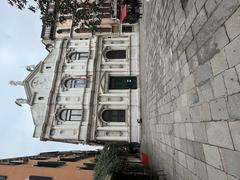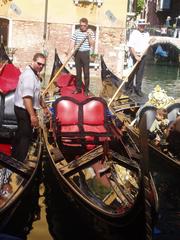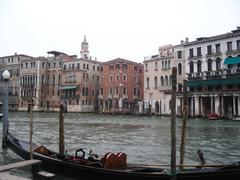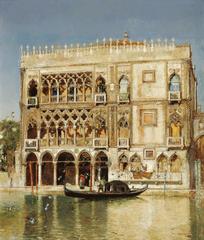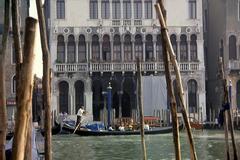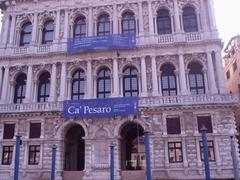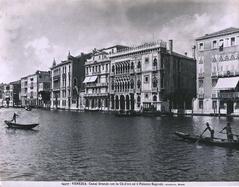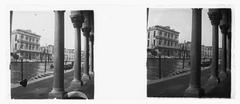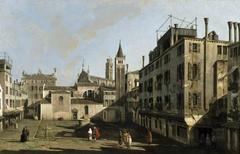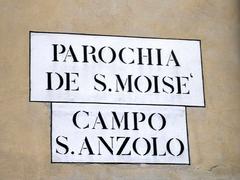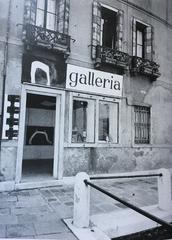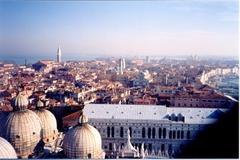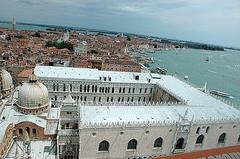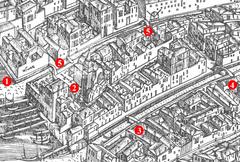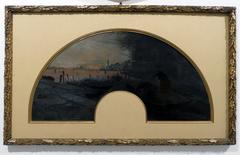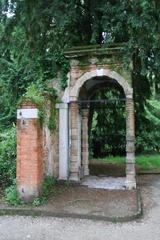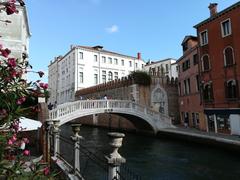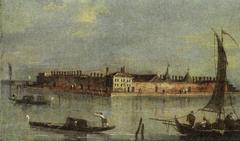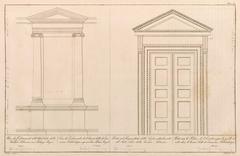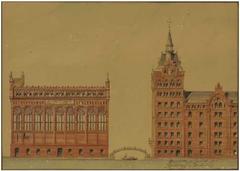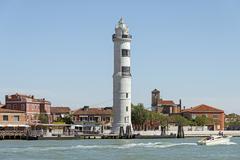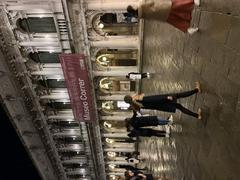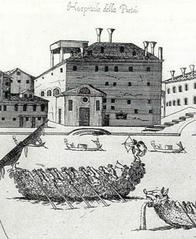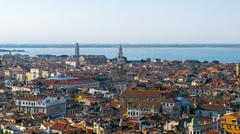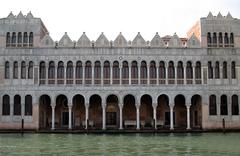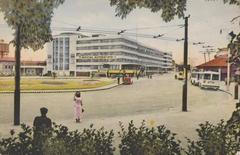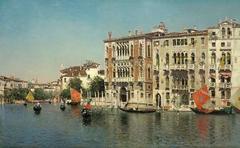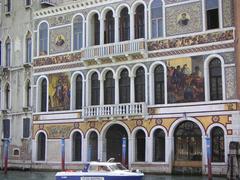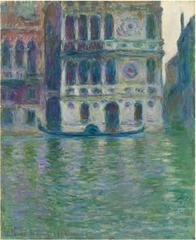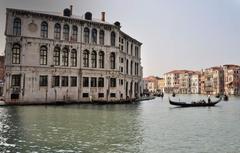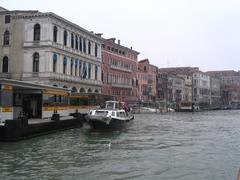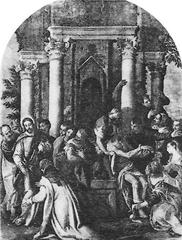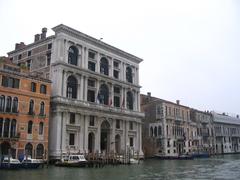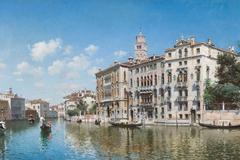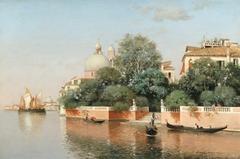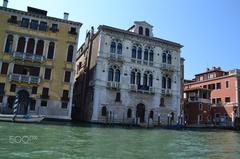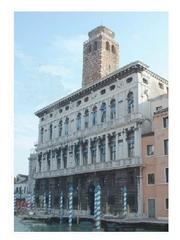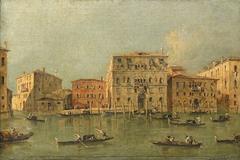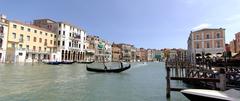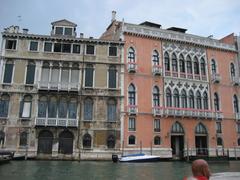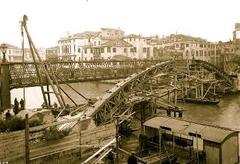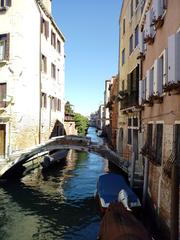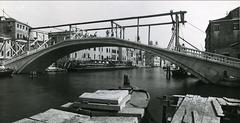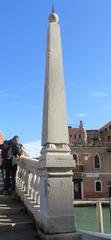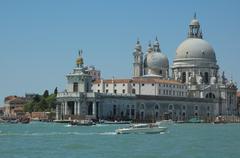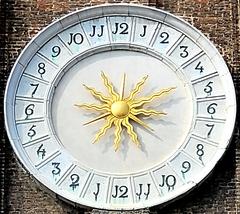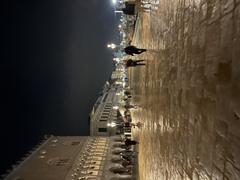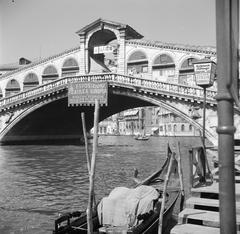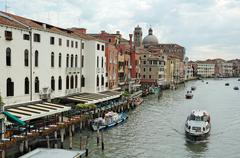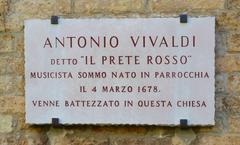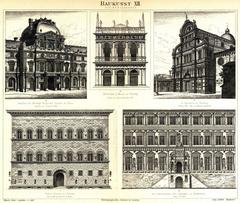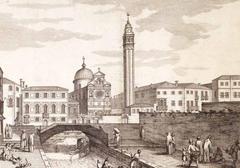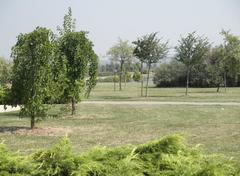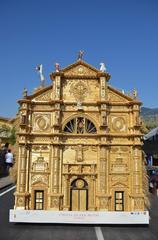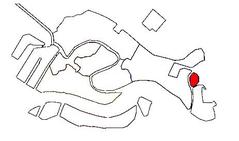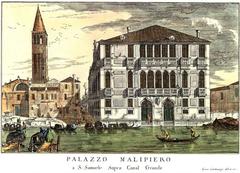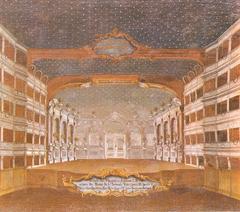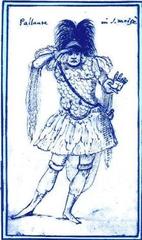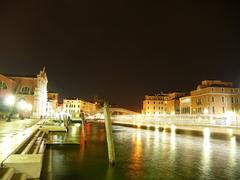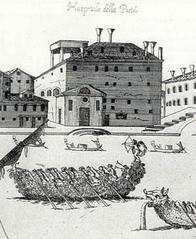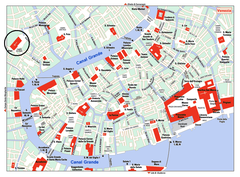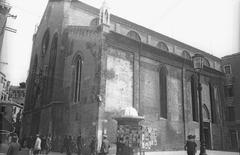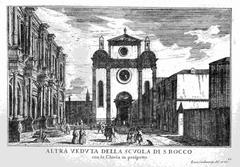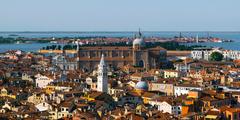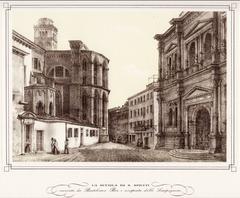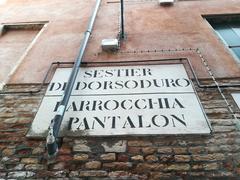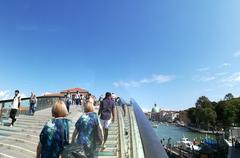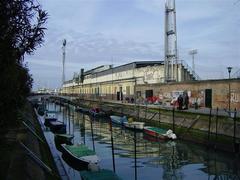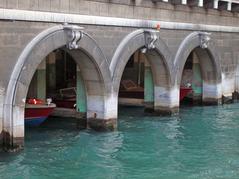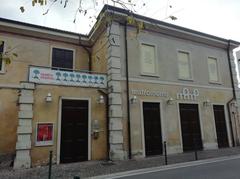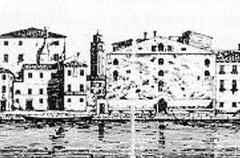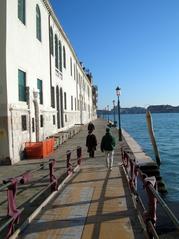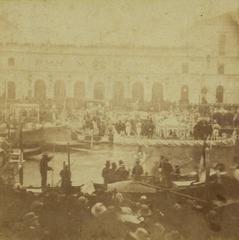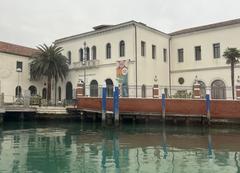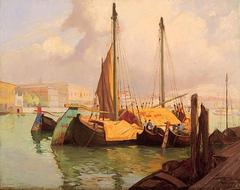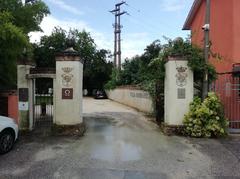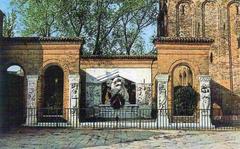Ponte delle Tette: Venice, Italy Visiting Hours, Tickets, and Comprehensive Guide
Date: 15/06/2025
Introduction
Venice, a city renowned for its art, architecture, and romantic canals, also possesses a complex social history. Tucked away in the San Polo district, the Ponte delle Tette, or “Bridge of Breasts,” is a fascinating testament to Venice’s unique approach to social regulation during the Renaissance. This guide aims to provide a comprehensive overview for visitors, covering the bridge’s history, cultural significance, practical information on visiting hours and tickets, accessibility, nearby attractions, and essential travel tips for a memorable experience.
Table of Contents
- Introduction
- The Historical Backdrop: Origins and Social Experimentation
- Visiting Ponte delle Tette: Essential Information
- Nearby Attractions and Suggested Itineraries
- Frequently Asked Questions (FAQ)
- Conclusion and Practical Tips
- References and Official Links
The Historical Backdrop: Origins and Social Experimentation
Naming and Meaning
The name “Ponte delle Tette” translates to “Bridge of Breasts.” This provocative moniker originates from the 15th and 16th centuries when Venetian authorities designated the Carampane district as the city’s red-light quarter. Sex workers were encouraged to display their breasts from windows, balconies, and the bridge itself to attract clients. This practice was part of a deliberate social policy aimed at controlling prostitution and, importantly, promoting heterosexual activity to counter perceived increases in homosexuality. The bridge became a focal point for these public displays, cementing its unique place in Venetian history.
Prostitution and Regulation in Renaissance Venice
In Renaissance Venice, prostitution was viewed as a “necessary evil” and a source of state revenue. From 1412 onwards, the Venetian Senate officially confined prostitution to the Carampane area. Strict regulations were enforced, including curfews and the requirement for sex workers to wear distinctive yellow scarves to differentiate them from respectable women. By the early 16th century, Venice registered thousands of courtesans, and taxes from their trade significantly contributed to public works and festivities.
Social Policy and the Bridge’s Unique Role
The Ponte delle Tette served as the epicenter of a unique Venetian “social experiment.” Prostitutes were actively encouraged to expose themselves on and around the bridge as a calculated public display. This served a dual purpose: attracting clients and acting as a deterrent against male homosexuality, an activity viewed with significant anxiety by the authorities at the time.
Life in the Carampane District
The Carampane area was a vibrant, densely populated district filled with brothels. Sex workers were known for their colorful wigs, high platform shoes (known as “chopine”), and bold fashion choices. While subject to surveillance and regulation, the district also offered a degree of female agency, with some courtesans achieving considerable wealth and influence despite social and legal constraints.
Decline and Legacy
By the 18th century, evolving moral attitudes led to the gradual phasing out of the regulated red-light district. The bridge’s notoriety faded, but its story became ingrained in Venetian folklore. The term “carampane” remains a Venetian slang term for prostitutes, reflecting the lasting cultural imprint of the district and its infamous bridge.
Visiting Ponte delle Tette: Essential Information
Location, Directions, and Accessibility
Address and Setting: Ponte delle Tette spans the Rio di San Cassiano canal, connecting Calle de la Casseleria and Calle de la Tette in the heart of the San Polo district. It is located about a 10-minute walk from the iconic Rialto Bridge and is in close proximity to the lively Rialto Market and Campo San.
How to Get There:
- On Foot: Venice is a pedestrian-friendly city. Walking is the most enjoyable way to reach the bridge from major points like Piazzale Roma or Santa Lucia train station, taking approximately 15–20 minutes.
- Vaporetto (Waterbus): Take Line 1 and disembark at the San Stae or Rialto Mercato stops. From either stop, it’s a 5–10 minute walk to the bridge.
- Water Taxi: While direct and convenient, water taxis are expensive. They are best suited for those with heavy luggage or a desire for a premium experience.
- Accessibility: The bridge is a modest structure with some steps and typical Venetian cobblestone surfaces. Wheelchair access is limited, though the immediate surrounding area is relatively flat.
Visiting Hours and Ticket Information
- Hours: Ponte delle Tette is a public bridge and is accessible 24 hours a day, 7 days a week. There are no restricted access times.
- Tickets/Fees: There is no entrance fee or ticket required to visit Ponte delle Tette. It is a freely accessible public space.
What to Expect and Local Etiquette
- The bridge is small and understated, offering a peaceful spot for reflection or photography.
- While its name and history are provocative, the current atmosphere is tranquil and suitable for adults. The site is not recommended for children due to its historical associations.
- Dogs are not permitted on the bridge.
- Visitors should be respectful of the local community and the historical significance of the site.
Guided Tours and Experiences
Many guided walking tours of Venice’s San Polo district include Ponte delle Tette, providing deeper historical context and local anecdotes. It is also often featured in city scavenger hunts and self-guided itineraries as a unique point of interest.
Photography Tips
- The best times for photography are early morning or late afternoon, when the light is soft and the area is less crowded.
- Capture evocative images of the bridge itself, the Rio di San Cassiano canal, and the surrounding narrow Venetian alleys.
- For SEO and accessibility, use descriptive alt text for any photos, including keywords like “Ponte delle Tette Venice” and “Venice historic bridge.”
Nearby Attractions and Suggested Itineraries
- Rialto Bridge & Market: Iconic Venetian landmarks just a short walk away, offering a vibrant market experience and stunning views.
- Campo San Polo: One of Venice’s largest squares, perfect for people-watching and enjoying local events.
- Artisan Shops and Bacari: Explore the San Polo district for traditional wine bars (bacari) and unique artisan shops, offering a taste of authentic Venetian life.
- Ca’ d’Oro Palace and Church of San Cassiano: Both are within easy walking distance and rich in art and history.
Frequently Asked Questions (FAQ)
Q: What are the visiting hours for Ponte delle Tette? A: The bridge is open to the public 24/7.
Q: Does it cost anything to visit? A: No, access to Ponte delle Tette is free.
Q: How do I get to the bridge? A: Walk from Rialto or take Vaporetto Line 1 to San Stae or Rialto Mercato, followed by a short walk.
Q: Are guided tours available? A: Yes, many walking tours of Venice include the bridge as part of their route.
Q: Is the area safe? A: The San Polo district is safe and popular with visitors. Standard travel precautions apply.
Q: Is Ponte delle Tette suitable for children? A: The bridge’s history is adult-oriented; discretion is advised, and it is generally not recommended for children.
Q: Is it wheelchair accessible? A: Accessibility is limited due to steps and cobblestone paths, though the immediate area is relatively flat.
Conclusion and Practical Tips
Ponte delle Tette offers a fascinating glimpse into Venice’s historical pragmatism and its nuanced approach to social regulation. The bridge stands not just as a physical structure but as a narrative of commerce, morality, and urban life in Renaissance Venice. Its story adds a unique dimension to any visit, encouraging a deeper understanding of the city’s complex past.
Travel Tips:
- Wear comfortable shoes suitable for navigating Venice’s cobblestone streets and bridges.
- Use a reliable map or GPS app to navigate the charming but intricate Venetian alleyways.
- Visit early in the morning or late in the afternoon to experience the bridge and its surroundings at their most atmospheric.
- Approach the site with respect for its historical context and the local community.
For more expert audio tours, insider guides, and up-to-date event information, download the Audiala app and follow us on social media for more insights into Venice’s captivating history.
References and Official Links
- Ponte delle Tette in Venice: History, Visiting Hours, Tickets, and Travel Tips, Venetostoria
- The Bridge of Breasts: Venice’s Curious Social Experiment, The Vintage News
- Ponte delle Tette, Venice Travel Guide
- Ponte delle Tette, Wikipedia
- Ponte delle Tette Attraction, Evendo
- How to Get Around Venice, Nomad Epicureans
- Venice Travel Tips
- Images of Venice
- Let’s Roam
- Gancarczyk Venice Guide
- Venezia Eventi
- Idealista
- Tour Venezia
- Full Suitcase Venice Itinerary
- The Tour Guy
- Amusing Planet
- Wanderlicious

